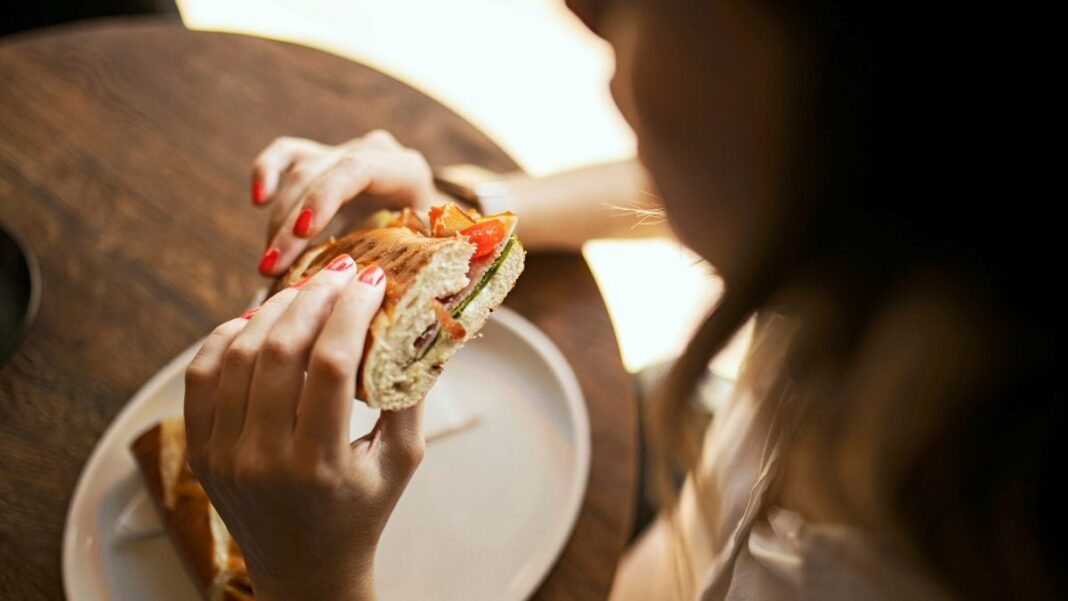Eating is a fundamental part of our daily routine, but how we eat can significantly impact our health. Rapid eating, while often a consequence of busy lifestyles, can lead to various health issues. First, you need to understand the associated dangers of eating too fast to fully grasp why slowing down is necessary.
What Are the Risks of Rapid Eating?
Eating too quickly can lead to a variety of health problems:
When you eat too fast, you may not chew your food thoroughly, causing larger food particles to enter your stomach. This can lead to indigestion and acid reflux as your stomach struggles to break down the food properly. Rapid eating is often linked to overeating. It takes about 20 minutes for your brain to receive signals from your stomach that it’s full. Eating too quickly can lead to consuming more food than necessary, contributing to weight gain. Swallowing air along with large bites of food can cause bloating and gas, making you feel uncomfortable after meals. Studies have shown that eating quickly can increase the risk of metabolic syndrome, which includes conditions such as high blood pressure, high blood sugar, and abnormal cholesterol levels. What Are the Benefits of Eating Slowly? On the other hand, adopting a slower eating pace at every meal has been proven to provide several benefits. Some of them are:
Chewing food thoroughly aids in digestion, making it easier for your stomach to process food and absorb nutrients. This can help prevent digestive discomfort and improve overall gut health. Eating slowly allows your body to register fullness, helping to prevent overeating and support weight management efforts. This mindful approach to eating can lead to healthier eating habits. Taking your time to eat can enhance the pleasure of meals. Savoring flavors and textures can improve your overall relationship with food, making mealtimes more enjoyable and satisfying. Eating slowly can promote relaxation and reduce stress levels. Rushed meals often contribute to a hectic lifestyle, whereas mindful eating can provide a moment of calm and focus. Tips to Slow Down Your Eating If you find yourself eating too quickly, here are some strategies to help you slow down: Aim to chew each bite at least 20-30 times before swallowing. This not only aids digestion but also forces you to slow down. Put your fork or spoon down between bites to pace yourself. This simple habit can help break the cycle of rapid eating. Take smaller bites so that you can focus on chewing and enjoying your food. This makes it easier to slow down naturally. Sip water between bites to help slow down your eating pace. Staying hydrated can also aid digestion and prevent overeating. Practice mindful eating by paying attention to the taste, texture, and aroma of your food. Eating without distractions like TV or smartphones allows you to fully engage with your meal and notice when you’re feeling full.
